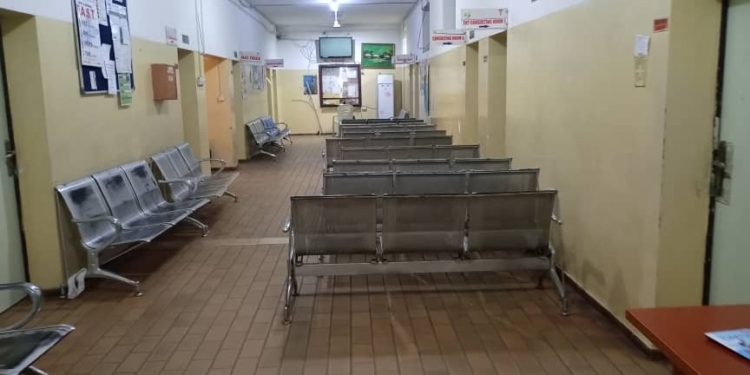- Stakeholders at a one-day Rural Health Accountability Project (RHAP) have called on the Federal Government to allocate 70% of its health budget to Primary Health Care (PHC) centres
- They believe that this will improve maternal and child health in the country.
- They also stressed the need for PHCs to be upgraded with internet access and equipment, and for healthcare workers to be accountable and ready to protect necessary hospital equipment supplied to PHCs
The Federal Government has been asked to allocate 70% of its health budget to Primary Health Care (PHC) centres across the country’s 774 local government areas.
This was presented at a one-day Rural Health Accountability Project (RHAP) with PHC managers from Kwara state’s 16 local government areas.
Stakeholders said at the event, “Engaging PHC Heads in Building Stronger Workforce To Improve Health Care Service Delivery,” that the government’s action will improve maternal and child health in the country.
Professor Oluwasogo Olalubi, Head, of the Department of Public Health, Kwara State University, Malate, said during the programme that PHCs are supposed to be the closest and first point of contact for patients in the community.
But the reverse is now the case, patients in the community go straight to teaching and general hospitals which are supposed to be referral centres for common treatable diseases.
To improve the situation, the government should give 70 percent of budgetary allocation in the health sector to the PHCs across the 774 local government areas in the country.
Healthcare workers must be accountable and ready to protect necessary hospital equipment supplied to PHCs, hd said.
According to the public health expert, PHCs must be upgraded with internet access and equipment.
He emphasised the importance of data managers and security experts using statistics for record-keeping in PHCs.
Alhaji Abdullateef Abubakar-Jos, publisher of Solacebase Communications, stated in his remarks that RHAP aims to improve health at the PHC level.
According to him, their experience has shown that the majority of PHC structures are obsolete, dilapidated, and lack basic infrastructure.
According to him, the PHCs system in Nigeria must be saved through a three-pronged approach involving healthcare workers, the government, and the people.
According to Abubakar-Jos, patients in Nigeria have lost faith in the primary healthcare system and are instead opting for secondary and tertiary care.
While he supported the 70% increase in funding for PHCs, he emphasised that effective funding and commitment are still critical to revamping the country’s PHCs.
He tasked media practitioners with conducting investigative reporting on outreach programmes in order to report on PHC activities.
According to Abubakar-Jos, the remuneration of healthcare workers is still an important factor in PHC delivery.










Discussion about this post